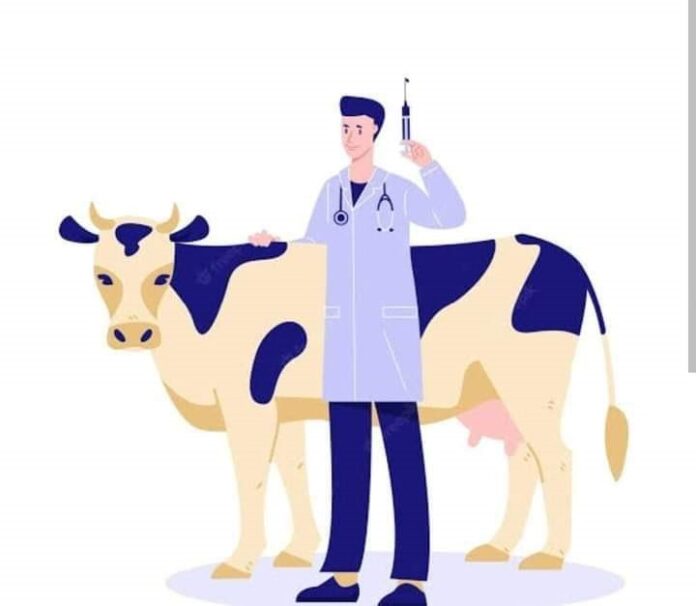Veterinarians on the Frontlines: Responding to Global Health Crisis
-Madhusmita Singha, LCVSc, AAU
Abstract:
This article sheds light on the invaluable role of veterinarians in responding to global health crises, emphasizing their diverse contributions to disease surveillance, public health, emergency response, and the One Health approach. By examining the multifaceted roles of veterinarians in recent global health crises and ongoing initiatives, this article highlights their pivotal position on the frontlines of safeguarding human and animal health.
Keywords:Veterinarians,Global health crisis,Disease surveillance,Public health,Emergency response,One Health,Zoonotic diseases,Pandemic preparedness,Wildlife conservation,Interdisciplinary collaboration
Introduction:
Global health crises have become increasingly frequent and severe, demanding a multidisciplinary approach to tackle emerging threats. Veterinarians, with their expertise in animal health and a deep understanding of the interconnectedness of human and animal health, play an integral role in addressing these challenges. This article explores the vital contributions of veterinarians in responding to global health crises, drawing from their roles in disease surveillance, public health, emergency response, and the promotion of the One Health approach.
The Veterinarian’s Role in Disease Surveillance:
One of the primary roles of veterinarians during global health crises is disease surveillance. They are instrumental in monitoring and investigating emerging diseases, particularly zoonotic diseases that can jump from animals to humans. Veterinarians work closely with epidemiologists and public health professionals to detect early signs of outbreaks. For example, in the case of the Ebola outbreak in West Africa, veterinarians played a critical role in tracing the origins of the virus, which helped contain its spread.
Promoting Public Health and Education:
Veterinarians also serve as educators, raising awareness about the risk factors associated with global health crises and advocating for preventive measures. They inform the public about responsible pet ownership, safe food handling practices, and vaccination. Their role in public health extends to advising policymakers and healthcare workers on strategies to mitigate the impact of health crises.
Emergency Response and Preparedness:
Veterinarians are integral to emergency response efforts during global health crises. Their training equips them to work in high-stress environments, often under challenging conditions. In cases like the COVID-19 pandemic, veterinarians have been actively involved in diagnostic testing, contact tracing, and vaccination campaigns, contributing to the global response.
The One Health Approach:
The One Health approach, which recognizes the interconnectedness of human, animal, and environmental health, has gained prominence with veterinarians as advocates. They stress the importance of interdisciplinary collaboration among healthcare professionals, ecologists, and policymakers to address global health crises comprehensively.
Case Studies and Ongoing Initiatives:
This article will delve into case studies and ongoing initiatives that exemplify the diverse roles veterinarians play in global health crisis management. By examining real-world examples, we can better understand the tangible impact of their contributions and the importance of their participation in interdisciplinary efforts.
Conclusion:
Veterinarians are on the frontlines of global health crises, serving as critical assets in surveillance, public health, emergency response, and the promotion of the One Health approach. Their unique perspective and skills are indispensable in addressing the complex challenges posed by emerging infectious diseases. Recognizing the essential role of veterinarians in global health crisis management is paramount for building a more resilient and prepared global healthcare system.



